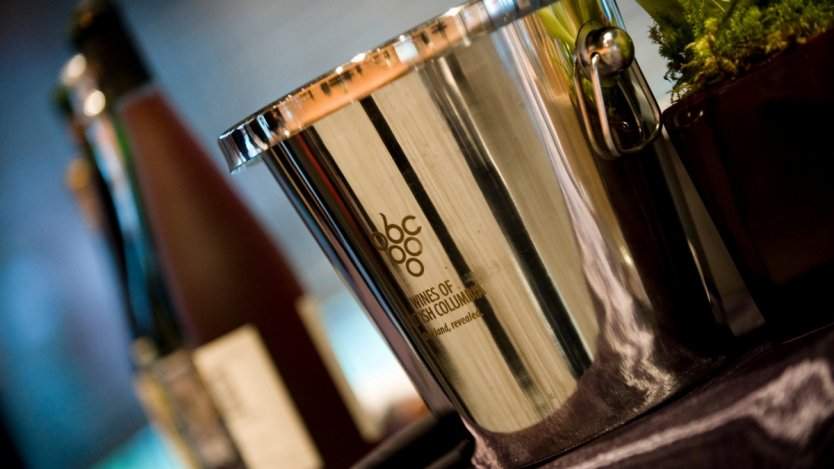The controversial ban on B.C. wine coming into Alberta rages on, and after hearing opinions from those involved in the wine industry, the consensus—regardless of what side of the political spectrum you sit—is that Alberta consumers and small businesses are as much victims as those employed by the wine industry in British Columbia.
Premier Notley’s retaliation against the government of British Columbia stands to hurt the restaurants, wine shops and import agents in Alberta that have dedicated factions of their business to supporting wines from British Columbia more than the wineries themselves have. This is even more evident when you look at the international demand for Canadian wine and then compare that to the limited amounts of B.C. wine from smaller boutique wineries coming into Alberta. The clear message from these smaller operations is that they are already struggling to keep up with demand and if they can’t find a home for their wine in Alberta, there are other markets that will happily take them on.
Gustav Allander, owner and winemaker from the family run Foxtrot Vineyards in Naramata, B.C. explains the effect that he anticipates the ban will have on his business.
“The Alberta-B.C. wine boycott is definitely going to have an impact on the B.C. wine industry and Foxtrot in the short term. However, in the long run, I don’t foresee it having any significant impact on [our business]. Over the last few years, we have aggressively been pursuing expansion into other markets such as California and rest of the Pacific Northwest as well as foreign markets in Japan and the UK. At our current production levels, we currently have demand far exceeding our supply of wine and are expanding to meet it. For Foxtrot, there will be some short term pain but the wine earmarked for Alberta will simply be diverted to our other markets.”
Allander goes on to contemplate what most Canadians have no doubt been pondering for decades: why are the trade barriers within Canada so restricting?
“My biggest issue with this whole spat is the fact that we have any trade barriers in place between provinces regardless of the product. Are we one country or are we a series of smaller countries united in name only? It seems [like] common sense that there should be free trade within our country like pretty much every other developed country in the world. Trade barriers between countries, I can understand; but having trade barriers within our own country is ridiculous and I can only imagine the staggering amount it costs the Canadian economy.”
There will hopefully be some resolution to these trade barriers following the dispute settlement request put forward to the Canadian Free Trade Agreement earlier this week by the B.C. government, formally requesting consultation into the ban.
Amidst all of the political back and forth, B.C. wineries continue to be supportive of a relationship with Alberta. Although the BC Wine institute recently announced its withdrawal from The Big Taste in Calgary this year—a week-long food festival sponsored by the BC VQA that promotes a number of Calgary restaurants—there are a number of B.C. wineries that offered their continued support of the festival with their remaining inventory in Alberta.
While the two provinces show no sign of stepping down from their trade embargo, it is important for us as Canadians to consider who we stand to hurt by restricting inter-provincial transactions. Allander reminds us that we are Canadians, and trade barriers aside, it is in our best interest to support our good, local business whenever possible.
“In the meantime, I will continue to buy Alberta beef, drink Alberta craft beer and spirits and travel to Alberta to experience the beauty our country has to offer.”













